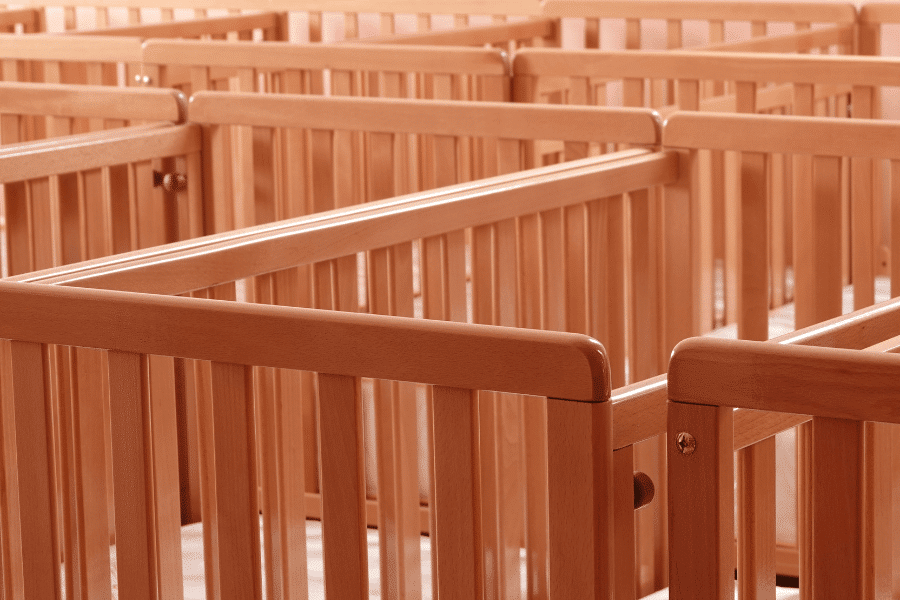
by Bernd Debusmann | 15 Jul 2024 | Decoders, Japan
In Japan and elsewhere, governments grapple with a frightening future: Too few young to support too many old. How big a problem is this? A maternity ward full of empty cribs. (Credit: Urosh Petrovic from Getty Images) This article was produced exclusively for News...
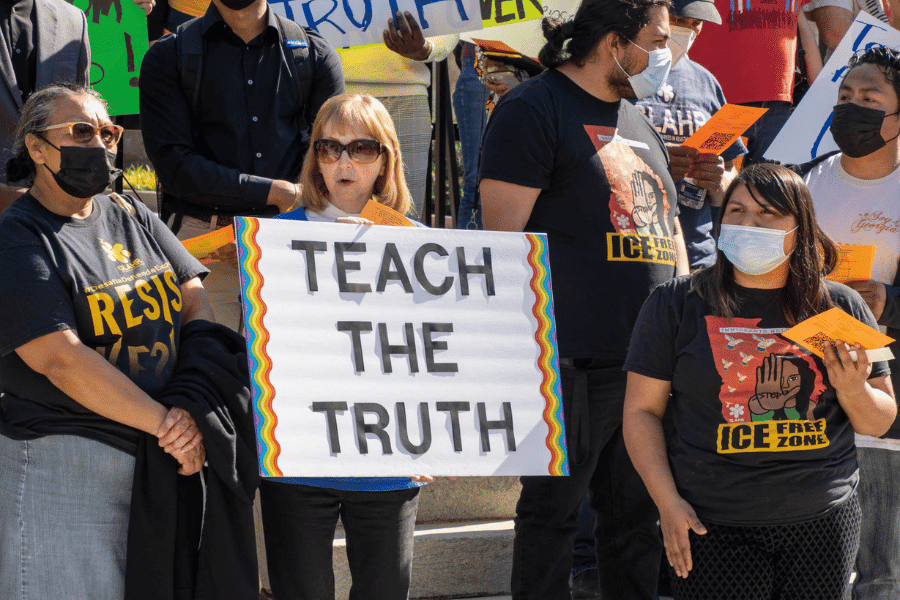
by Bernd Debusmann | 3 Jul 2024 | Decoder Replay, Education, Human Rights, Media Literacy, Politics
The term “woke” is caught up in a divisive culture war in the United States. Why is the idea of social justice not universally accepted? A protest about book banning at the capitol building in Atlanta, Georgia in the United States, 12 February 2022....
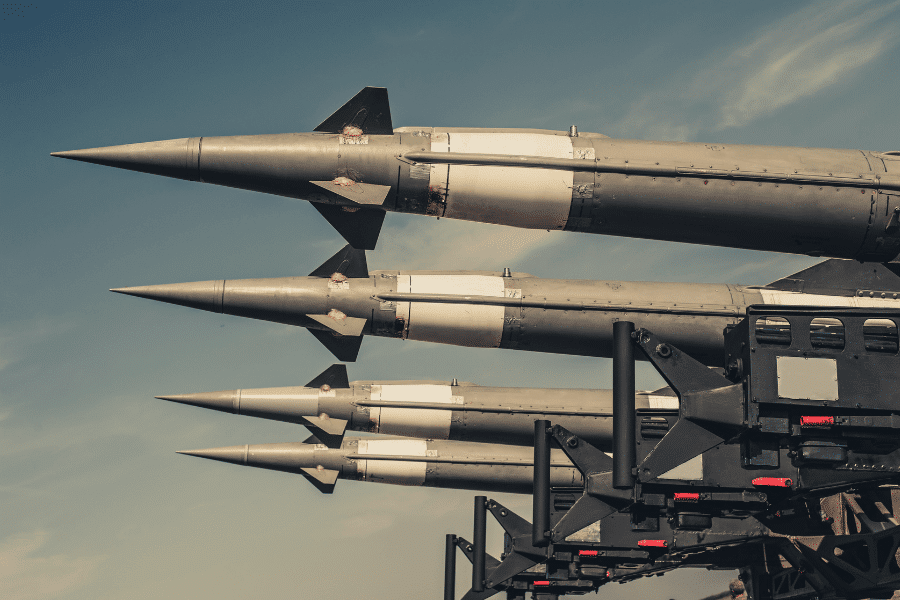
by Bernd Debusmann | 14 May 2024 | Science, Technology
AI is already transforming our lives. Should we depend on it or fear it? A missile defense system. (Credit: guruXOOXGetty Images) This article was produced exclusively for News Decoder’s global news service. It is through articles like this that News Decoder strives...
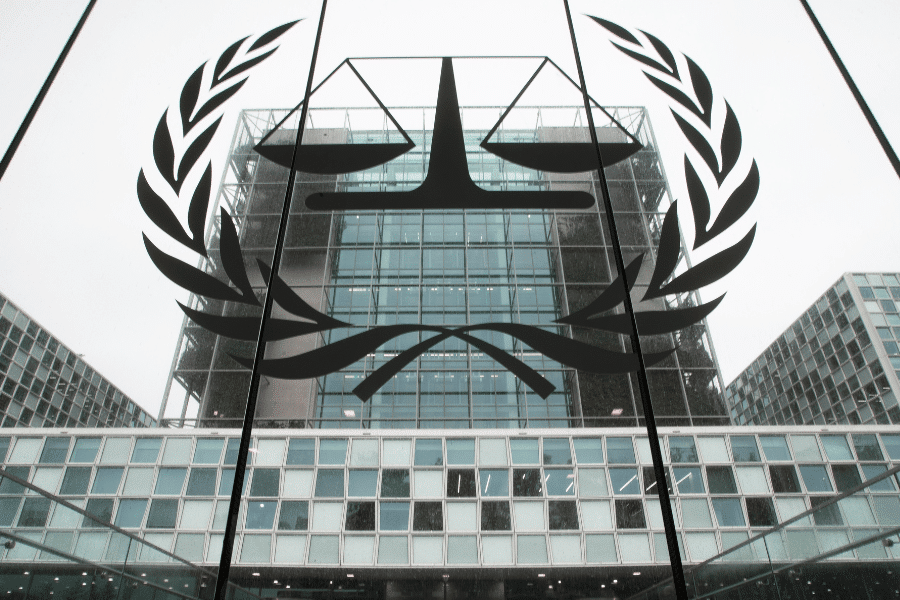
by Bernd Debusmann | 8 May 2024 | Decoder Replay, History, Israel-Palestine, Middle East, Politics
The world’s court can issue arrest warrants against government leaders. But would a country like Israel submit to its authority? The International Criminal Court, or ICC, is seen in The Hague, Netherlands in 7 November 2019 (AP Photo/Peter Dejong) Editor’s...
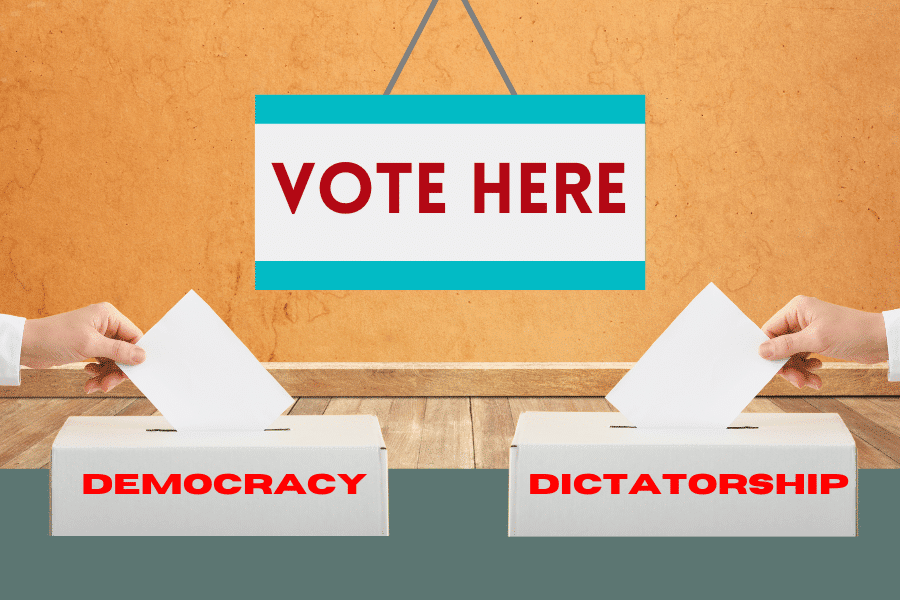
by Bernd Debusmann | 3 Apr 2024 | Decoder Replay, History, Nationalism, Politics
Autocrats are on the rise all over the world. Why would a voter choose one over a candidate that believes in democracy? Two ballot boxes give voters the choice of democracy vs dictatorship. (Illustration by News Decoder) Editor’s note: On 31 March 2024, voters...





